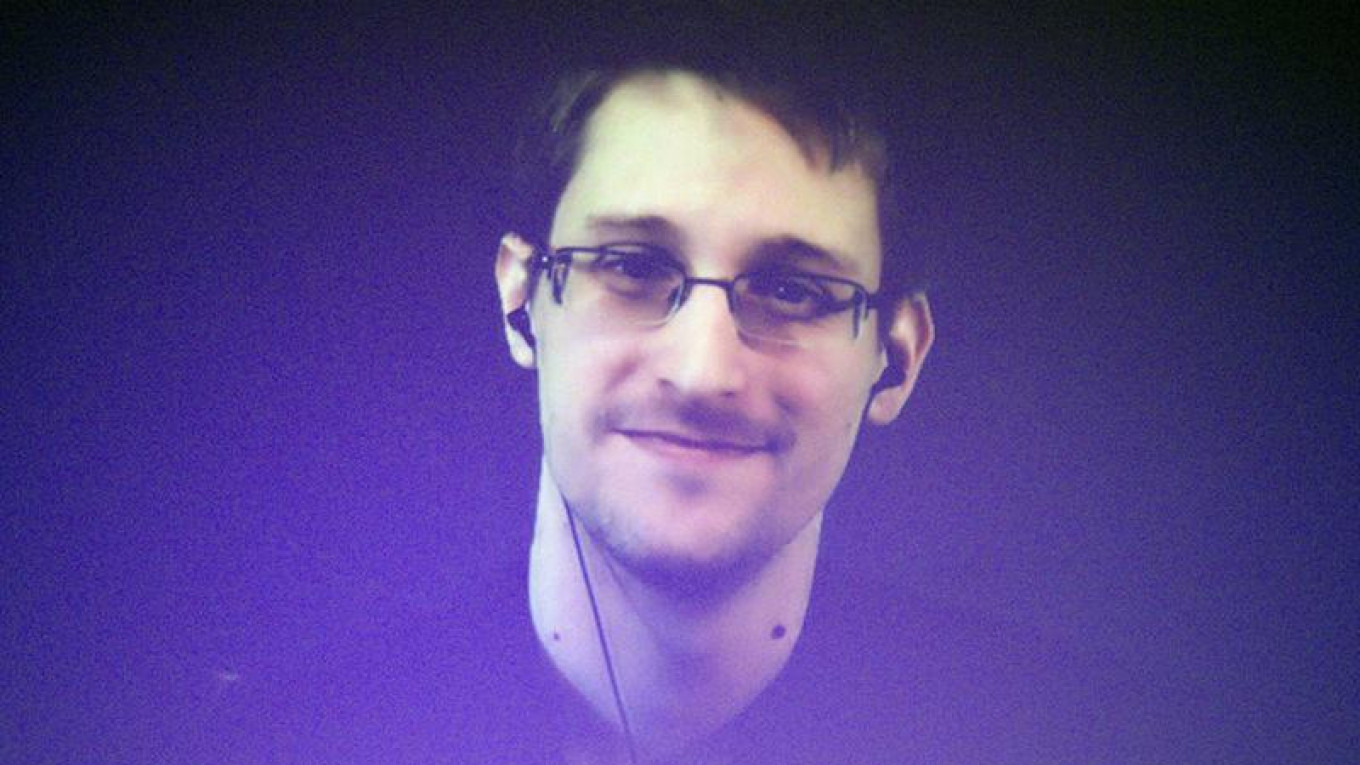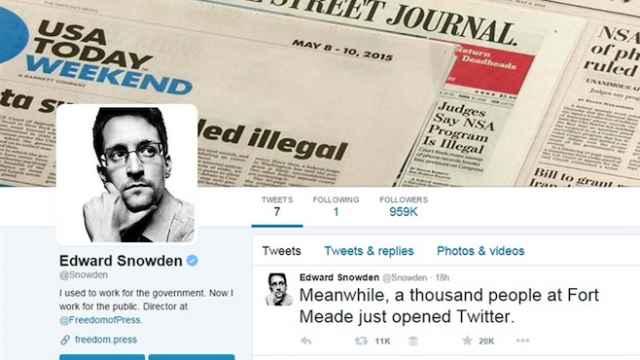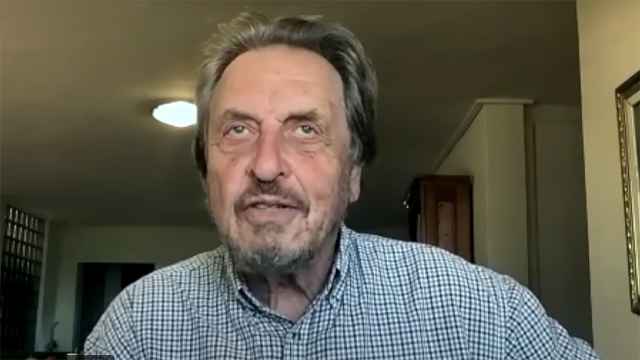American anti-surveillance activist Edward Snowden has condemned the Russian government's crackdown on civil rights.
Speaking in an interview with the Financial Times published on Monday, Snowden said that Russia had gone “too far” in its fight against terrorism, “in ways that are completely unnecessary, costly and corrosive to individual and collective rights.”
“It’s important to understand that this is not unique to any one country,” he said. “But again we see this happening in countries that have long had sort of the leash to carry out these policies but they did them in the dark before, now they’ve doing them in public. Of course, I’m thinking of countries like China, like Russia.”
Snowden was granted asylum in Moscow in 2013 after he leaked details of U.S. mass surveillance programs. While he has been critical of a number of Russian laws, he said that he couldn't fix the human rights situation in the country and that he needed to “fix my own country first,” the Financial Times reported.
Snowden said that he can now speak some basic Russian, but still plans to one day leave the country.
A Message from The Moscow Times:
Dear readers,
We are facing unprecedented challenges. Russia's Prosecutor General's Office has designated The Moscow Times as an "undesirable" organization, criminalizing our work and putting our staff at risk of prosecution. This follows our earlier unjust labeling as a "foreign agent."
These actions are direct attempts to silence independent journalism in Russia. The authorities claim our work "discredits the decisions of the Russian leadership." We see things differently: we strive to provide accurate, unbiased reporting on Russia.
We, the journalists of The Moscow Times, refuse to be silenced. But to continue our work, we need your help.
Your support, no matter how small, makes a world of difference. If you can, please support us monthly starting from just $2. It's quick to set up, and every contribution makes a significant impact.
By supporting The Moscow Times, you're defending open, independent journalism in the face of repression. Thank you for standing with us.
Remind me later.






